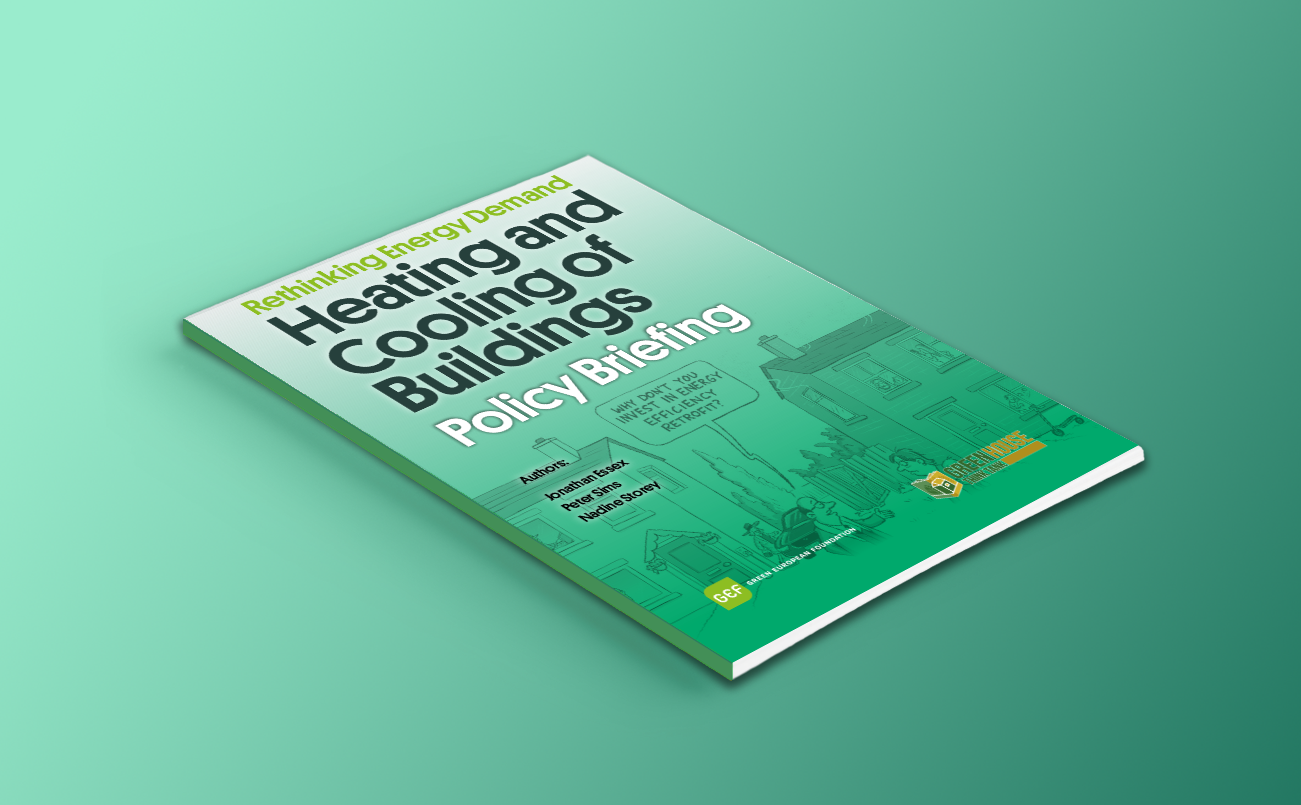Context
Climate impacts became more apparent within Europe through the record high temperatures in the summer of 2022. This has converged with a cost-of-living crisis exacerbated by the war in Ukraine and consequent shortages of Russian gas and an unprecedented increase in energy prices. Whilst governments in some countries have shown imaginative thinking to deal with the immediate energy crisis, this thinking needs to be extended with a view to long-term changes of behaviour, practices and social norms. Change is essential to limit energy demand in the future as a critical response to the climate crisis.
Ensuring everyone has a living space that they can maintain at temperatures safe for human health should be a government priority.
Objectives
This publication argues for a broad rethink of the demand for heating and cooling buildings that goes beyond calls for widespread retrofit. It draws from the earlier ‘Rethinking Energy Demand’ report (October 2022) and the interviews conducted for that report with academics and thought-leaders across Europe. The earlier report considered the need and means to sufficiently reduce energy demand. This policy briefing invites policy makers to extend their thinking beyond the immediate crisis towards a longer-term strategy for delivering the human need for thermal comfort whilst eliminating carbon emissions. The briefing comprises 6 sections and offers 16 policy recommendations, across both efficiency and sufficiency measures.
Translations
Available in Spanish
Available in Greek
This publication has been realised by the Green European Foundation and Green House Think Tank with the financial support of the European Parliament. The European Parliament is not responsible for the content of this publication.


